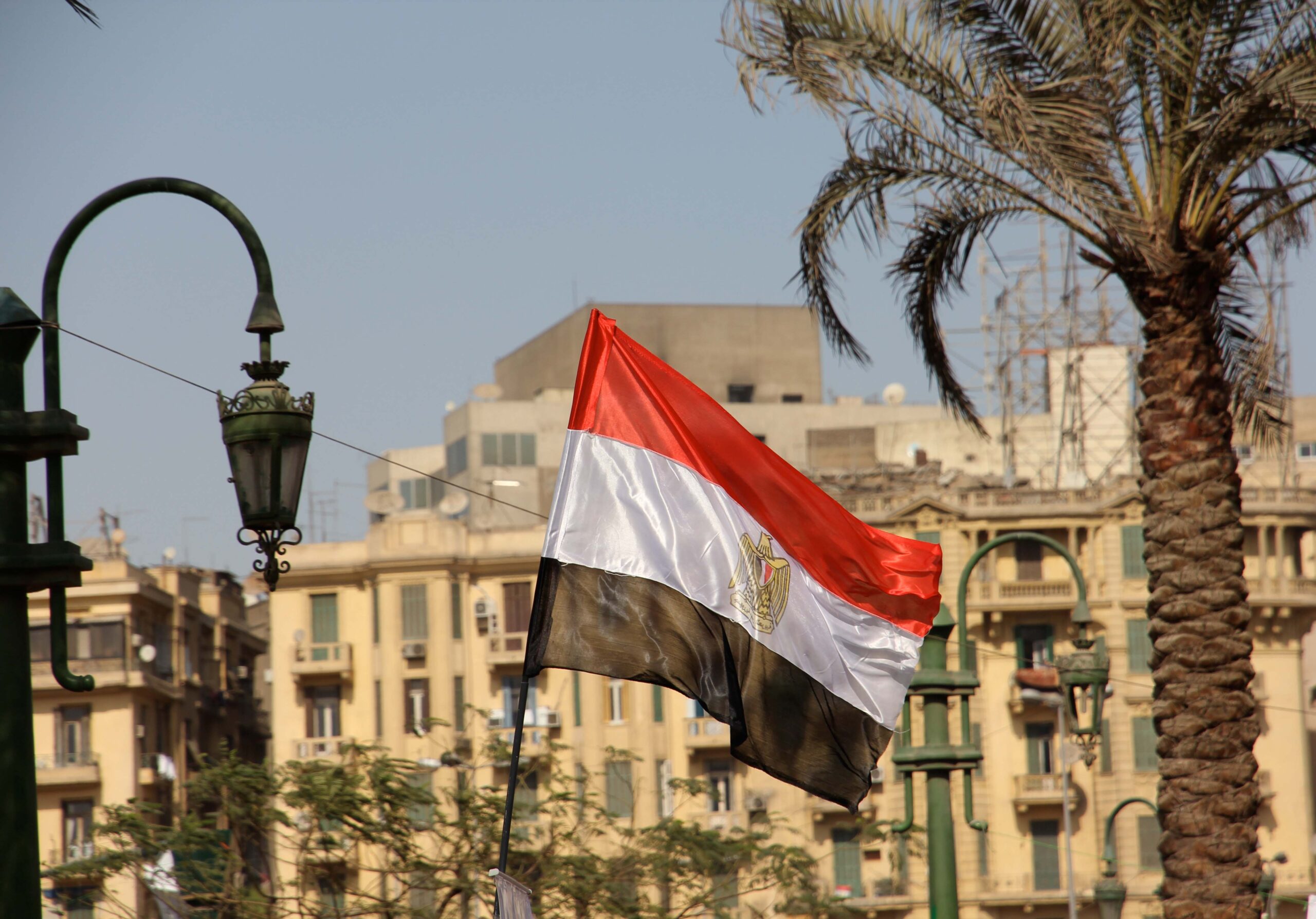The International Commission of Jurists (ICJ) condemns the mass trial by the Emergency State Security Court (ESSC) in Case No. 1357 of 2019, known as the “Joker case”, of 103 defendants, including 29 defendants who were children at the time of their arrest, in which the Court handed down 82 guilty verdicts on 15 January 2023. Most of the defendants were arrested in the Suez Governorate in September 2019 in the context of protests against the deteriorating economic conditions; while many others – including four children, who had disseminated a video of themselves on social media, wearing “Vendetta masks” and calling for demonstrations — were arrested in October 2019. Another defendant, Muhammad Ali, a former Army contractor who had published calls to protest on social media from outside Egypt, remains at large.
يمكنكم قراءة وتحميل البيان باللغة العربية عبر هذا هذا الرابط
“Once again, the Egyptian authorities are resorting to mass unfair trials before “emergency courts”, which lack any semblance of independence and impartiality, to unlawfully restrict human rights, and crush any form of opposition or criticism of government policies,” said Said Benarbia, director of the ICJ’s Middle East and North Africa programme.
The Supreme State Security Prosecution (SSSP) referred 103 defendants to trial on 24 May 2021 after charging them with “gathering with a view to disturbing public peace”, “incitement to commit terrorist crimes internally and externally via social media”, “the use of force and violence against officers and members of the Suez security forces” and “the possession of knives and firearms.”
On 15 January 2023, the ESSC convicted 82 of the 103 defendants, including 23 children at the time of their arrest, and acquitted 21 defendants. The Court sentenced 38 defendants to life imprisonment, including Muhammad Ali in absentia, and sentenced the remaining defendants to various imprisonment terms, including 11 defendants to 15 years, 9 defendants to 10 years and 24 defendants to five years. The Court also ordered that all convicts be placed under police surveillance for five years after release.
The decisions of the ESSC are considered final. They are not subject to any form of appeal or judicial review in flagrant violation of Egypt’s obligations under international law. The ICJ has previously documented how Law No.107 of 2013 (the Demonstration Law) effectively criminalizes the right to freedom of peaceful assembly. Egyptian courts, in particular the ESSCs, have used this and other repressive laws to crush dissent and the legitimate exercise of the rights to freedom of expression, freedom of association with others, freedom of peaceful assembly and of other human rights, through grossly unfair trials.
“Using emergency courts to try, convict and sentence children to spend decades in prison, highlights, once again, the depth to which the Egyptian authorities are willing to go in their crackdown,” added Benarbia. “The authorities must quash the convictions of all those arrested and prosecuted for the mere exercise of their right to freedom of assembly, and immediately release them.”
According to information provided to the ICJ by defence lawyers in the case, this trial was marred by many violations of human rights, including fair trial guarantees. In the pre-trial stage, the defendants, especially the children, were subjected to numerous human rights violations, including enforced disappearance, prolonged pretrial detention, and psychological and physical torture inside police detention facilities. The Egyptian authorities have failed to investigate these allegations, let alone to hold the alleged perpetrators to account.
Moreover, the authorities have also failed to adequately safeguard the right to a defence as the accused could not choose their own counsel, and court-appointed lawyers were imposed on them to pay lip service to the trial procedure more than anything else. Furthermore, the SSSP interrogated the defendants without the presence of their lawyers, and, at trial, the accused were prohibited from speaking to their lawyers.
Most of the defendants were arrested without any evidence justifying their arrest but are said to have confessed under duress when interrogated by the SSSP. Eventually, the accused withdrew their confessions before the Court. The Court, however, relied on their initial confessions, and did not open an investigation into the allegations that the confessions had been obtained under duress. Moreover, during the trial proceedings, the Court directed leading questions towards the prosecution’s witnesses in order to extract findings of guilt in accordance with the prosecution evidence, and to return a guilty verdict.
ESSCs were established under Egypt’s Emergency Law of 1958, which allows these Courts to continue to adjudicate previously transferred cases even after the official lifting of the state of emergency on 25 October 2021. The Egyptian President – or anyone authorized by the President – has the power to confirm convictions, to quash them or to replace them with convictions on lesser charges, undermining the independence and impartiality of these Courts. The Head of State also has broad powers to appoint the judges of the ESSCs and control their composition.
The ICJ opposes the use of such emergency courts and calls for their immediate abolition.
The ICJ condemns the use of these Courts to try, convict and sentence people who were under 18 years of age at the time of the alleged commission of the offences for which they are tried. The organization emphasizes that under international human rights law and standards, when the criminal conduct of which children are accused consists of criminal offences that are defined precisely within the law and that do not criminalize the legitimate enjoyment and exercise of human rights, every person under the age of 18 years at the time of the alleged commission of an offence must be brought to justice in a manner that complies with the rules of juvenile justice.





